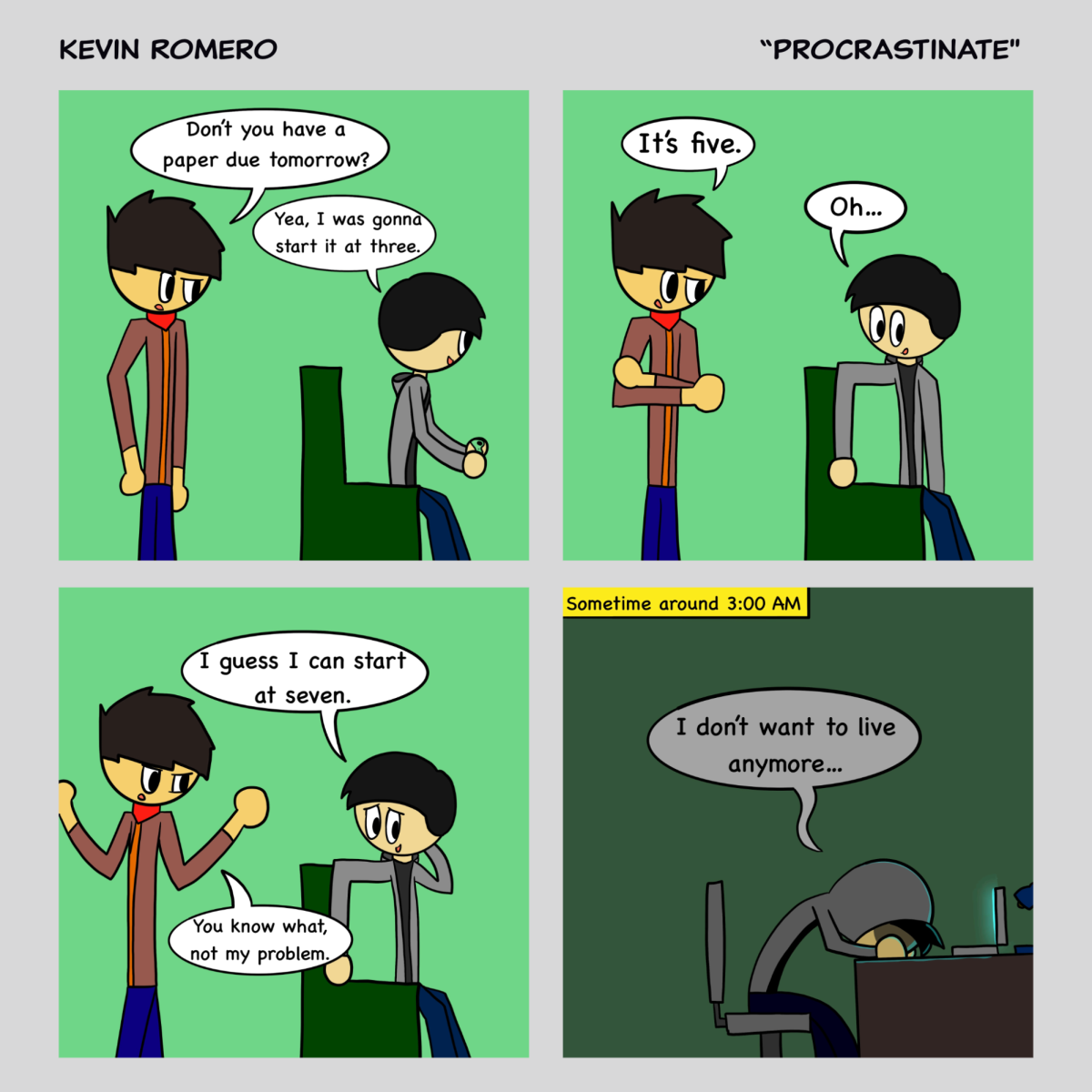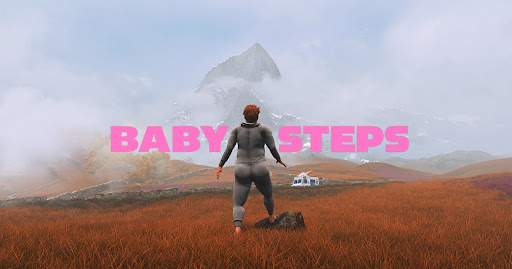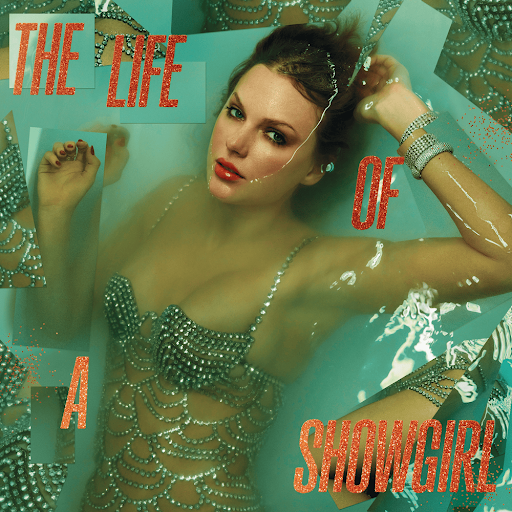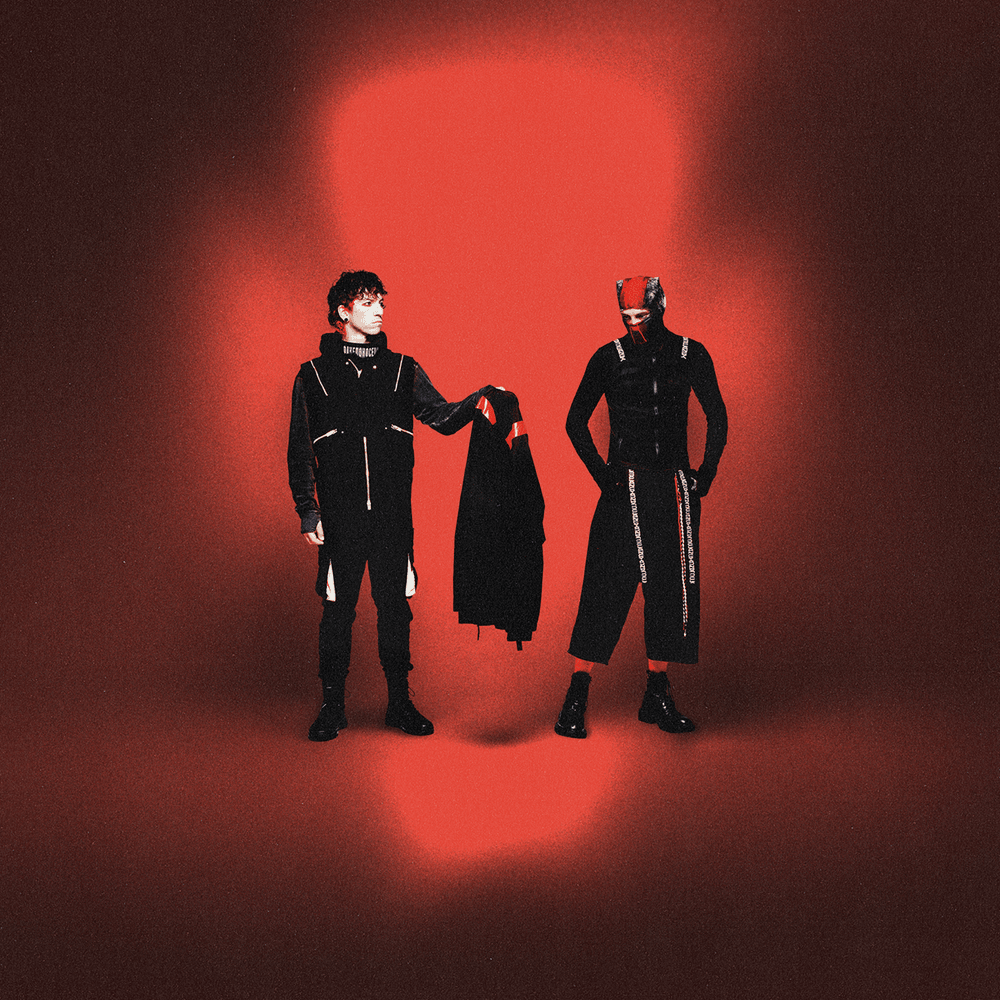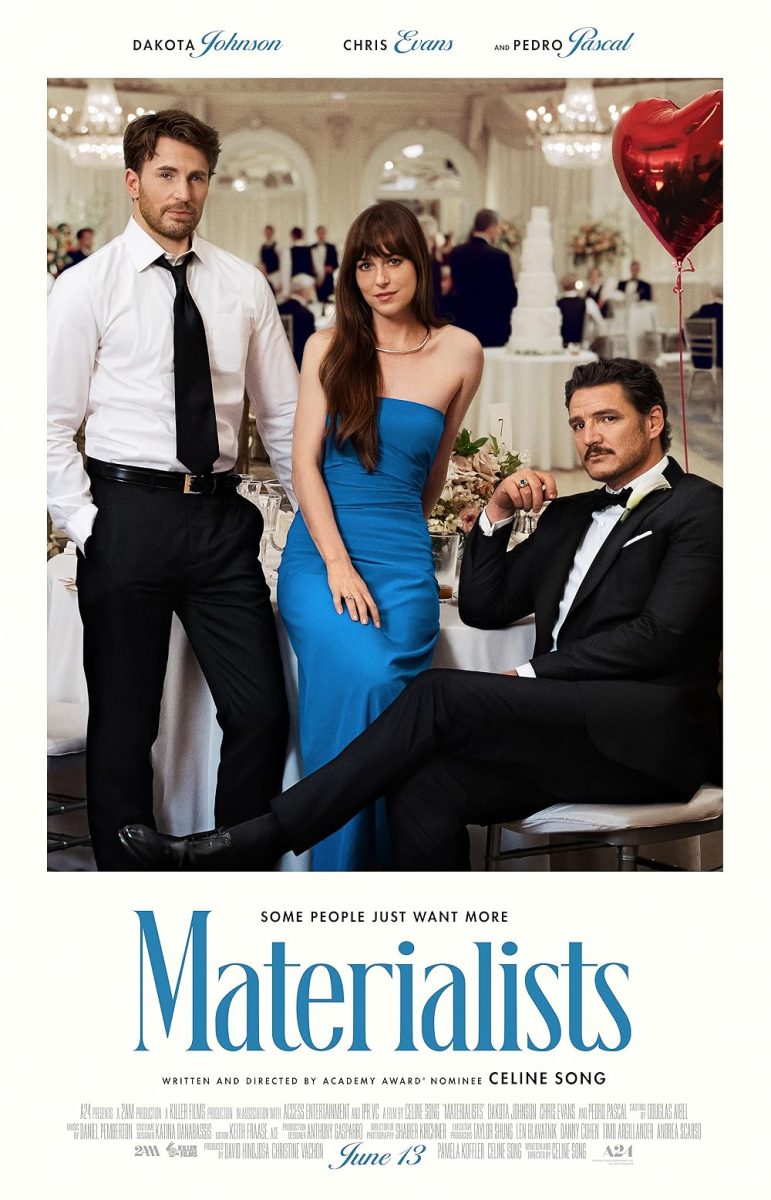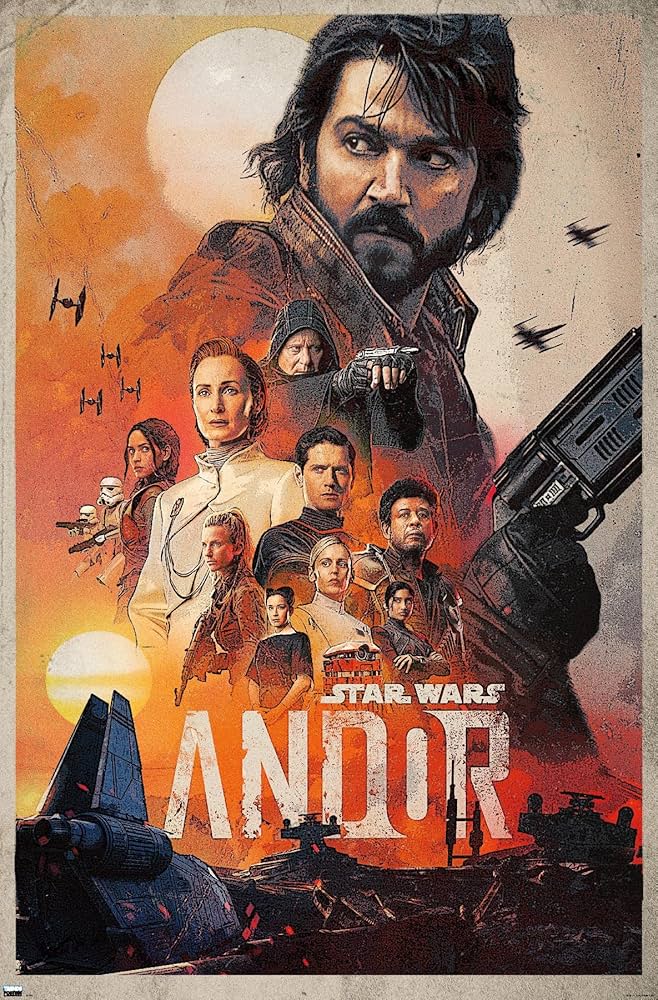Bioware is one of the most important and impactful developers in the video game industry. From the late 90s until the early 2010s, this studio had a generational run where they pumped out back-to-back generation-defining games faster than a McDonald’s drive-thru.
Bioware defined role-playing video games for decades through games such as Baldur’s Gate, Jade Empire, Star Wars: Knights of the Old Republic, the Mass Effect Trilogy, and (of course) the Dragon Age series. Despite this dominating momentum that the studio built for itself, Bioware has largely lost its beloved status among gamers.
Since 2014’s Dragon Age Inquisition, Bioware has had only two major game releases, both of which were less than well-received. 2017’s Mass Effect Andromeda was largely reviled among fans due to its departure from established aspects of the series along with weak writing and a buggy launch. This game left a bitter taste in many gamers’ mouths and unfortunately, that was only the beginning.
2019’s Anthem was a complete departure from anywhere Bioware had done in the past and was a live-service co-op shooter. To say the least, this game was a complete disaster that has become a pariah in the industry and a grim reminder of how far the studio had fallen.
When a new Dragon Age game was announced in 2022 after years of behind-the-scenes reporting and discussions, fans have been waiting with bated breath to see if Bioware would be allowed out of the corporate meat grinder and be allowed to cook like the master chefs they used to be.
There is a lot riding on Dragon Age: The Veilguard, so it was imperative that Bioware wins back the favor of gamers. Unfortunately, despite all of the hype and glowing previews, I was sorely disappointed by this release.
This was one of my most anticipated games of the year, only rivaled by Persona 3 Reload and Final Fantasy VII Rebirth, so I had high hopes that Bioware could finally make the meteoric comeback that fans have written in the stars.
The last two months have had back-to-back disappointments, such as Joker Folie A Deux, Gladiator 2, An elderly man with poor speaking skills winning the election, and an elderly man with poor speaking skills losing a fight to Jake Paul, so why not just add another to the pile.
Dragon Age: The Veilguard, in some ways, is a return to form for Bioware and is a decent step back in the right direction, but ultimately, this game fails to even meet the standard expectations for an RPG of its caliber.
From beginning to end, I kept asking myself “Who is this made for?” I wish I could answer that question but ultimately I don’t think the studio really knows either.
This game feels like it’s missing a cohesive vision or identity and this problem rears its ugly head at pretty much every corner of this game.
Coming from a studio that fundamentally shaped and defined the RPG genre, Veilguard feels wholly redundant of far better games in many regards. The brief moments of greatness that channel the original games end up feeling like ripples in a pond.
Fus Ro Dull
The gameplay is (for lack of a better word) not great. At first, it presents some promise as the game quickly opens up new abilities to the player but after the first few hours, Veilguard has already played its hand, which leaves the majority of the game feeling boring and monotonous.
There is some experimentation you can do with the skill tree in the game but in my testing, I can’t say there’s all that much variety between the different builds you can have in each class. Every upgrade in the tree feels more like it’s just buffing your damage in some area or your ability to stagger enemies so you don’t feel all that much progression in the actual abilities your character can use in combat.
The combat itself is also not engaging enough to carry itself for 50+ hours. Combat feels very familiar to the recent God of War games, but worse in every way. Those games brought a certain crunch and weight to the combat where it felt like every blow you landed had an impact but Veilguard feels weightless in comparison.
I was excited about the departure from semi-turn-based combat in previous games but after seeing it in action, I found myself missing the clunky combat of Dragon Age Origins.
The world design also takes some tips from God of War, and the results are also mixed. The world is so obtusely linear that it sometimes becomes distracting and confusing. I found little immersion in this world because I was given constant reminders that I was in a video game with a copious amount of strangely placed zip lines and out-of-place puzzles.
There are numerous cities that players can explore, and these areas only heightened this issue because this design philosophy just doesn’t work well with sprawling urban environments. These areas felt less like cities and more like another video game level.
It’s clear from the world and mission design that there was a hard pivot from the game being a live-service game in the same vein as Anthem. I respect the move to a single-player game, but it doesn’t seem like they were able to shake all of the DNA from the original plans for this game.
A thinly veiled identity crisis
The bar of entry for any good RPG is the narrative, and I can’t say Veilguard successfully passes that bar. There are hints of greatness here but for every moment with genuinely good writing and character development, there’s another that will make you groan in your seat wondering who got paid a full-time salary to write this stuff.
At its core, the narrative of Veilguard struggles to maintain a consistent tone for itself which leads itself to feeling largely inconsistent and often undercutting moments that should have more weight to them.
There are times when it treats itself like a serious fantasy story and others where it feels like it was written by an entitled millennial in 2024, and those tonal shifts handicap the game from having any weight.
Additionally, it’s borderline impossible to do any actual role-playing in this role-playing game. I don’t kid when I say that the game despises dissent with a burning passion because the main character simply cannot disagree with anyone who isn’t portrayed as a villain.
There are moments where characters are very clearly in the wrong and are acting like children, yet the game forces you to just agree with them or give some kind of therapy language that feels out of place in the current situation.
This game is like if you locked George R.R. Martin, a therapist, and an HR consultant in a room and forced them to write a story together.
Right after important events that lead to significant losses and sacrifices, your squad will essentially be like, “Well, that sucks I’m a little sad” and their reactions don’t feel proportional to the threat they face.
About halfway through the story, players have to make a pivotal decision (the only one in the entire story I might add) that will leave one of your companions supposedly disaffected and upset at the protagonist, but when I talked to that character in the aftermath, they were just like “I’m ok, I just need some time.”
This game feels terrified to have any semblance of interpersonal conflict and when it does make the attempt, it feels exceptionally juvenile and childish.
I will give the story some credit, the finale is shockingly really good. While I trudged through 50 hours of mediocrity prior, the finale genuinely had me on the edge of my seat the entire time and it was the first time the gravity and stakes of this conflict was felt.
At that point, though, it was too little too late, and I was mostly left wondering where this kind of writing was for the rest of the game. What’s most frustrating about this game is that there are seeds of greatness here but it feels like it constantly gets drowned out by the all-seeing eye of Bioware’s HR department.
The narrative is split between two different identities: the gritty and serious roots of the Dragon Age series and some strange Marvel-esque quirky adventure. These two identities constantly clash throughout the story which leaves the story feeling confused and aimless.
Additionally, I was severely disappointed by the lack of really any relevant or impactful themes within the story. Fantasy is always such a rich setting to explore sociopolitical issues such as discrimination, bigotry, corrupt governments, cost of war and imperialism, and more, and this game in comparison to its contemporaries like Elden Ring, Metaphor ReFantazio, and Baldur’s Gate 3 feels shallow.
I wanted to like this game, I really did. I was incredibly excited to finally see Bioware’s meteoric comeback but Dragon Age: The Veilguard isn’t exactly the return to form I hoped it’d be. For me, the biggest damning sign was that while playing, I could only think about how much I wanted to play other games from this once-great studio.
Score: 5/10



